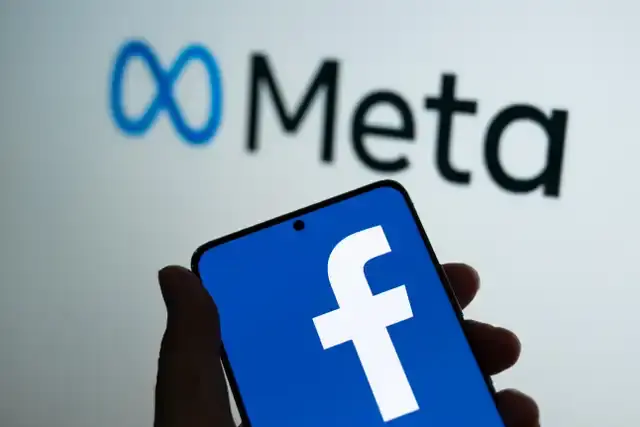In a major restructuring move, Meta, the parent company of Facebook, is set to lay off 11,000 employees in the coming weeks. This announcement follows a series of controversies and setbacks for the tech giant, including the recent revelations about its negative impact on mental health and democracy, and the ongoing antitrust investigations by regulators in several countries. In this article, we examine the reasons behind Meta’s decision, the implications for its stakeholders, and the potential consequences for the tech industry as a whole.
Why is Meta Cutting Jobs?
According to Mark Zuckerberg, the CEO and founder of Facebook, the job cuts are part of a strategic shift towards the metaverse, a term coined by him to describe a virtual reality (VR) ecosystem that he believes will be the next big thing in technology. In a memo to employees, Zuckerberg stated that “we need to focus our resources on building the metaverse, and that means we need to make some difficult decisions about where we need to scale back.” He also acknowledged that “this is a hard moment for everyone who is impacted by these changes” and promised to provide generous severance packages and support for those affected.
However, some critics argue that the job cuts are more about cost-cutting and profit-maximization than about innovation and growth. They point out that Meta has been facing increasing competition from other tech giants, such as Apple, Google, and Amazon, which have been investing heavily in VR and augmented reality (AR) technologies. They also note that Meta has been struggling to address the mounting concerns about privacy, security, and misinformation on its platforms, which have eroded public trust and sparked regulatory scrutiny.
Who will be Affected by the Job Cuts?
The job cuts will primarily affect the workforce of Facebook’s subsidiary companies, including Oculus, the VR headset maker, and WhatsApp, the messaging app. The layoffs will also impact some of the corporate and support functions at Meta, such as marketing, sales, and engineering. The affected employees are expected to be notified in the next few days and weeks, and the actual termination of their employment will happen over the next few months.
The job cuts will have a significant impact on the affected employees, their families, and their communities. Many of them are highly skilled and specialized professionals who have been working for Meta for years, and may find it difficult to transition to new jobs in a highly competitive and uncertain job market. Some of them may also suffer from psychological and emotional distress due to the sudden and unexpected loss of their livelihoods. In addition, the job cuts may also have a ripple effect on the local and national economies, as they may reduce the tax revenues, consumer spending, and overall economic growth.
What are the Implications for Facebook’s Future?
The job cuts are likely to have both short-term and long-term implications for Facebook’s future. In the short term, the layoffs may help Meta to reduce its operating expenses, increase its profit margins, and improve its stock performance, as investors may view the move as a sign of the company’s commitment to long-term growth and profitability. However, in the long term, the job cuts may also harm Facebook’s reputation, innovation, and customer loyalty, as they may signal to the public and the market that the company is more interested in chasing profits than in serving its users and society.
Moreover, the job cuts may also affect Facebook’s ability to compete with its rivals in the VR and AR market, as they may weaken its talent pool, research and development capabilities, and market share. This could lead to a scenario where Facebook becomes a secondary player in the metaverse race, behind the likes of Apple, Google, and Amazon, who have deeper pockets, stronger brand recognition,

2 thoughts on “Meta to Cut 11,000 Jobs: Impact on Facebook’s Future”